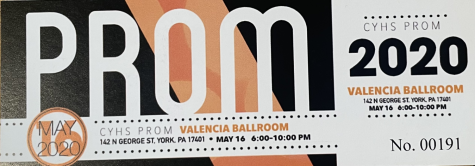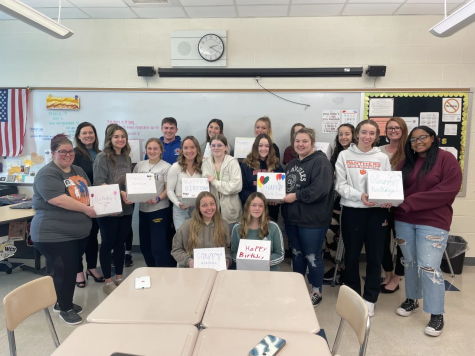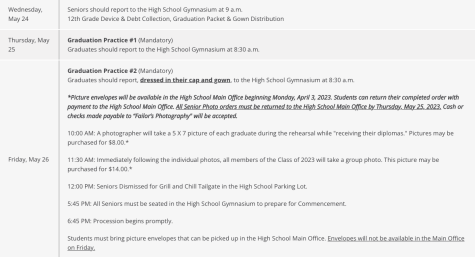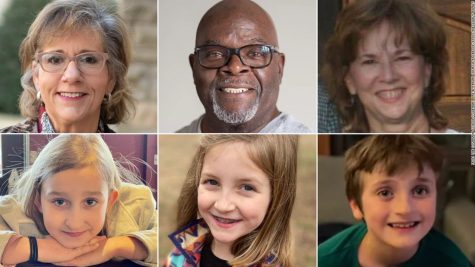Hong Kong takes on largest protest in its history
November 26, 2019
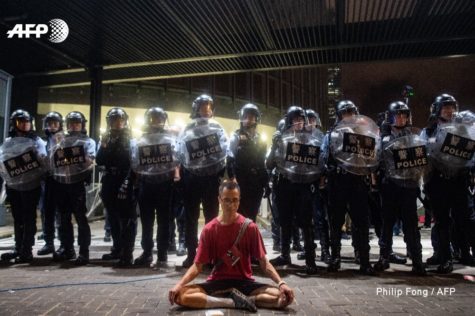
Photo by Philip Fong.
For more than six months, Hong Kong citizens have been fighting for their rights. Rights that they already have. Rights that the Hong Kong and mainland China government have threatened to take away. All because of one murder.
On Feb. 8, 2019, Chan Tong Kai (19), and Poon HiuWing (20) went on vacation to Taiwan. Almost ten days later, Kai came back without his pregnant girlfriend. He later confessed to killing her.
However, there was a problem. He could not be charged in either Taiwan or Hong Kong. The two regions did not have an extradition agreement to allow them to handover jurisdiction to the place where the crime was committed.
So, Hong Kong decided to propose a bill that would allow him to be charged and tried in mainland China. The bill threatened to reduce the rights of Hong Kong’s residents due to the amount of authority mainland China would have over Hong Kong.
“There’s no free trial, there’s no humane punishment, there’s completely no separation of power,” prodemocracy legislator Claudia Mo said.
The reason why this is such a big deal for Hong Kong dates back to the 1800s. China ended up giving Hong Kong over to Britain after losing a series of wars. They had an agreement to give the region back after 99 years. When that time was up, Hong Kong obtained its own completely different system under a “One Country Two Systems” policy. The deal gave citizens the right to vote, freedom of speech and assembly as well as many other rights.
But, this plan won’t last forever. In 2047, Hong Kong is expected to rejoin and live under China’s government.
While China and Hong Kong will not merge for another 28 years, China has been trying to censor Hong Kong’s pro-democracy views.
To combat this, Hong Kong citizens, especially millennials, took to the streets to protest. As Hong Kong citizens, they have freedom of assembly, but they have never had a protest this large before.
The protests started on March 31, 2019. Hundreds of thousands of people flooded the streets with five main demands: Withdraw the extradition bill completely, achieve the resignation of Carrie Lam; the Chief Executive of Hong Kong, obtain a guarantee that the protests would not classify as a riot, begin an investigation into police actions during the protests and adopt greater democratic freedoms.
Hong Kong’s government responded rather violently over the past few months but in devious ways. The government hired a group of triads, a secret Chinese crime organization, to ambush protesters in a subway station.
People who found out about the attack before it happened warned authorities, but no one showed up. The first round lasted around 20 minutes and about 40 people were injured. Footage showed police on the scene walking away from victims.
Others rushed to the station and banged on the windows for help, but still, no one responded. The station issued a statement saying they did not help the protesters for safety reasons.
While most feel strong resentment towards the police, others sympathize for them. One protester, who happens to be married to a police officer, says that the police are stand-ins for a government that will not cooperate.
On Sept. 4, 2019, the extradition bill was finally withdrawn, but protesters still refused to stand down. They wanted the last four demands to be met. Currently, activists continue to speak out against their government. They started calling out government officials from mainland China along with officials from the Hong Kong government. Prodemocracy activist, Joshua Wong, had a few words.
“I am strongly aware that force has been used by protesters, but we are strongly aware that the only way out is for [the] Hong Kong government not to stay behind riot police and do nothing. To allow clash and violence to happen…blaming it on activists. Now we are asking ‘where is President Xi and Carrie Lam?’” the activist said.
On Oct. 1, 2019, only a few weeks after this interview aired, 18-year-old Tsang Chikin, was shot by a police officer.
He was shot at pointblank range, with the bullet barely missing his heart.
While the shot was not fatal, he was left in critical condition. Police commissioner, Stephen Lo, defended his comrad’s actions as “reasonable and lawful”.
“The officer was under attack, his life was threatened. He made a very quick decision and shot the assailant. I believe it was his best judgment at the time,” Lo said.
That day, two people were left in critical condition and 66 others received injuries as well. While warning shots have been made, this is the first time a protester has been shot during the six month protest.



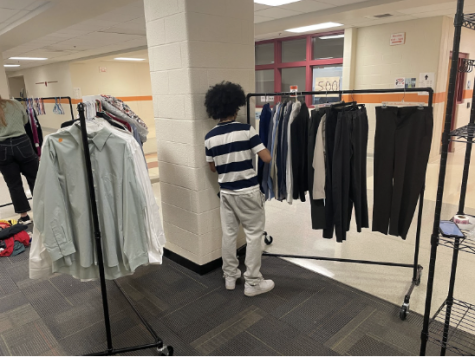
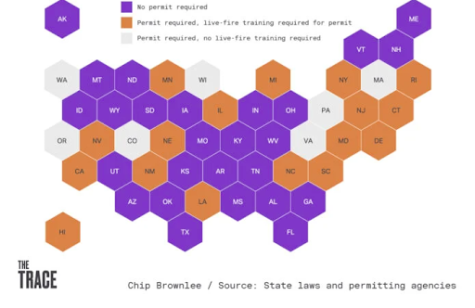
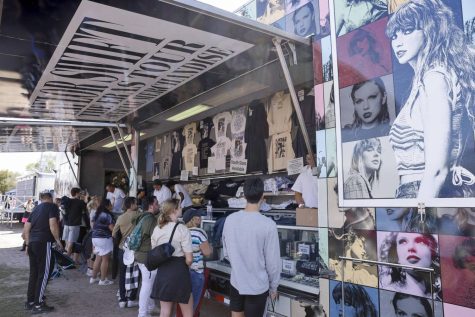
![“She [Walker] was the biggest advocate for any student,” said Basile.](https://mundismillmedia.com/wp-content/uploads/2023/05/Colorful-Watercolor-Note-Paper-with-Brush-Stroke-A4-Document-336x475.png)
